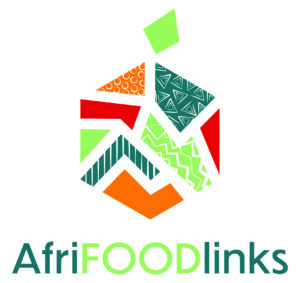In response to the hardships caused by COVID-19, the Russo-Ukrainian War, and growing climatic stress, the Tunisian national government, in partnership with the Tunis municipality, launched a social protection policy to support low-income households. A key measure was the creation of a digital platform to register newly affected families, ensuring a more organized and transparent aid distribution process. The municipality played a direct role by distributing food packs and vouchers to 300 families, while the national government provided cash transfers to 3% of the most vulnerable households.
Furthermore, Tunisia’s AMEN program is a noteworthy social protection initiative launched in 2019 with World Bank support. It provides cash transfers, healthcare, and economic empowerment, with beneficiary numbers increasing annually. As of December 2023, it served over 333,000 households with financial aid and over 620,000 with healthcare, including support for nearly 160,000 children. Digital transformation is a key focus, with a significant portion of payments digitized. The program’s positive impact is evidenced by beneficiary testimonials and the World Bank’s ongoing commitment through its Country Partnership Framework (2023-2027). AMEN is a crucial program for building a more resilient future for Tunisia’s vulnerable populations.



